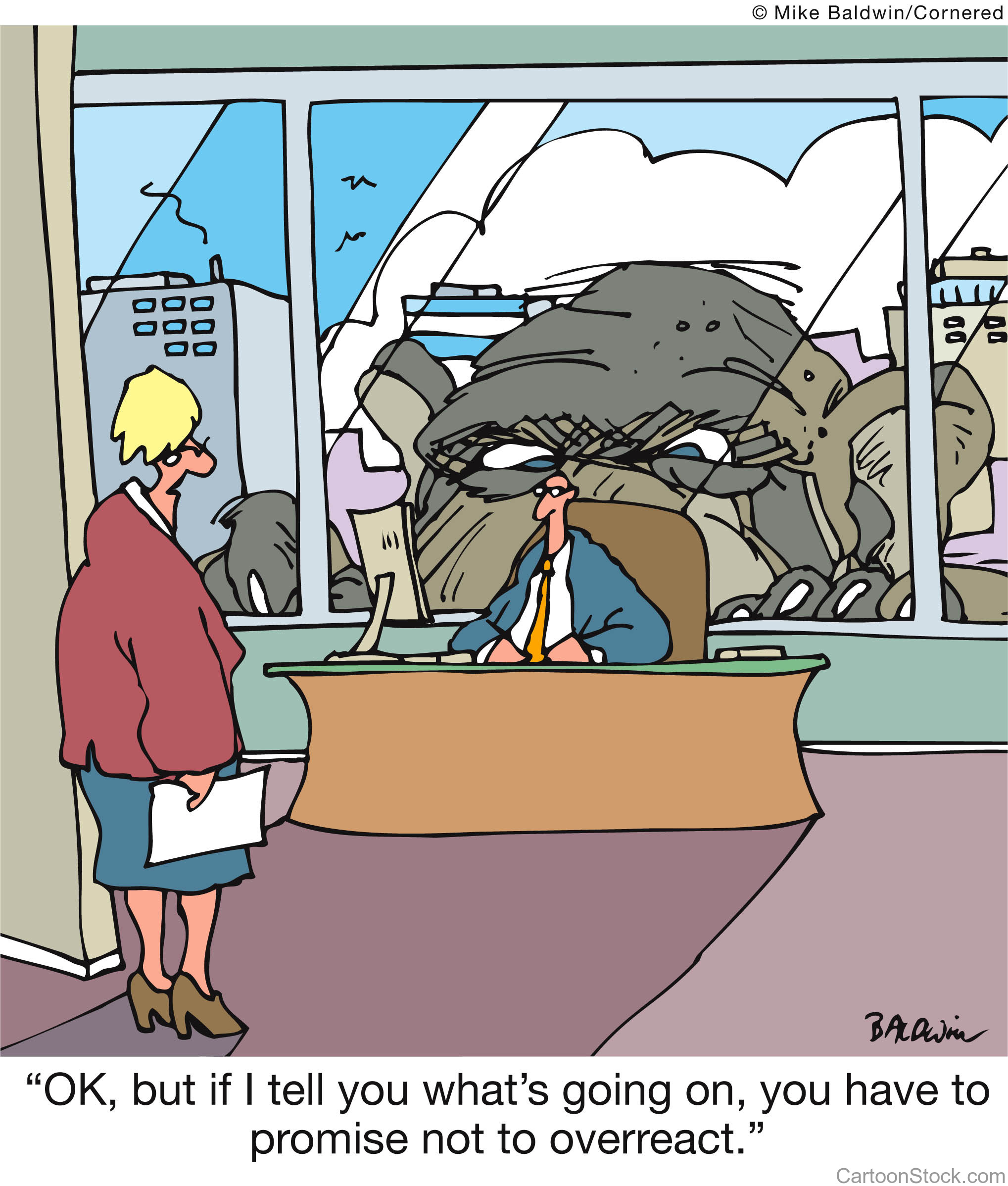 The hot-stove effect was first proffered by humorist Mark Twain.
The hot-stove effect was first proffered by humorist Mark Twain.
“We should be careful to get out of an experience only the wisdom that is in it and stop there lest we be like the cat that sits down on a hot stove lid. She will never sit down on a hot stove lid again and that is well but also she will never sit down on a cold one anymore.”
Throughout life, be careful not to overreact to painful experiences. Failures, embarrassing moments, and hurtful events – if not properly processed – can have an inordinate impact on our lives and dissuade us from “jumping on the stove” again.
Carefully study and analyze your experiences and put them into proper perspective (even positive experiences, if not properly processed, can lead to unhealthy behavior).
For example:
- You may abandon a helpful technology because your first experience with it was distasteful.
- Some divorcees feign the thought of marrying again because of the hurt they sustained in a former marriage.
- Not being accepted into your school of our choice may discourage you from pursuing higher education.
I have been a public speaker and teacher for 30 years, but two embarrassing moments in my early years might have derailed this aspect of my career.
When I was eight years old I was asked (with no prior notice) to stand in front of my Sunday School class and pray aloud. I froze…awkward silence ensued…kids giggled…I was embarrassed.
But the following week, one of my teachers took the time to meet with me and he spoke words of comfort and encouragement, helped me compose a written prayer, and coached me as I practiced reading it aloud in the same room where the nightmare took place. Then he arranged for me to speak the prayer in the same Sunday School Class the next Sunday. All went well and I fully recovered from the debacle.
In high school, I was vice president of my senior class. Once, when speaking before the student body, I planned on using the phrase “hook, line, and sinker,” as in, “he was so naive that he swallowed it hook, line, and sinker.” But in my speech the phrase came out “sink, line and hooker.”
My classmates were unmerciful. Unfortunately, no one helped me process what had happened; fortunately, I thought carefully about the incident by myself and decided that though it was a bad experience, it need not be a life-changing one.
A wonderful way to love others is to recognize when they may be susceptible to the hot-stove effect and then take the initiative to help them process the incident and put it into proper perspective. I will be forever grateful for my Sunday School teacher (I cannot even remember his name); he might have salvaged my future career.
[reminder]What are your thoughts about this essay?[/reminder]
